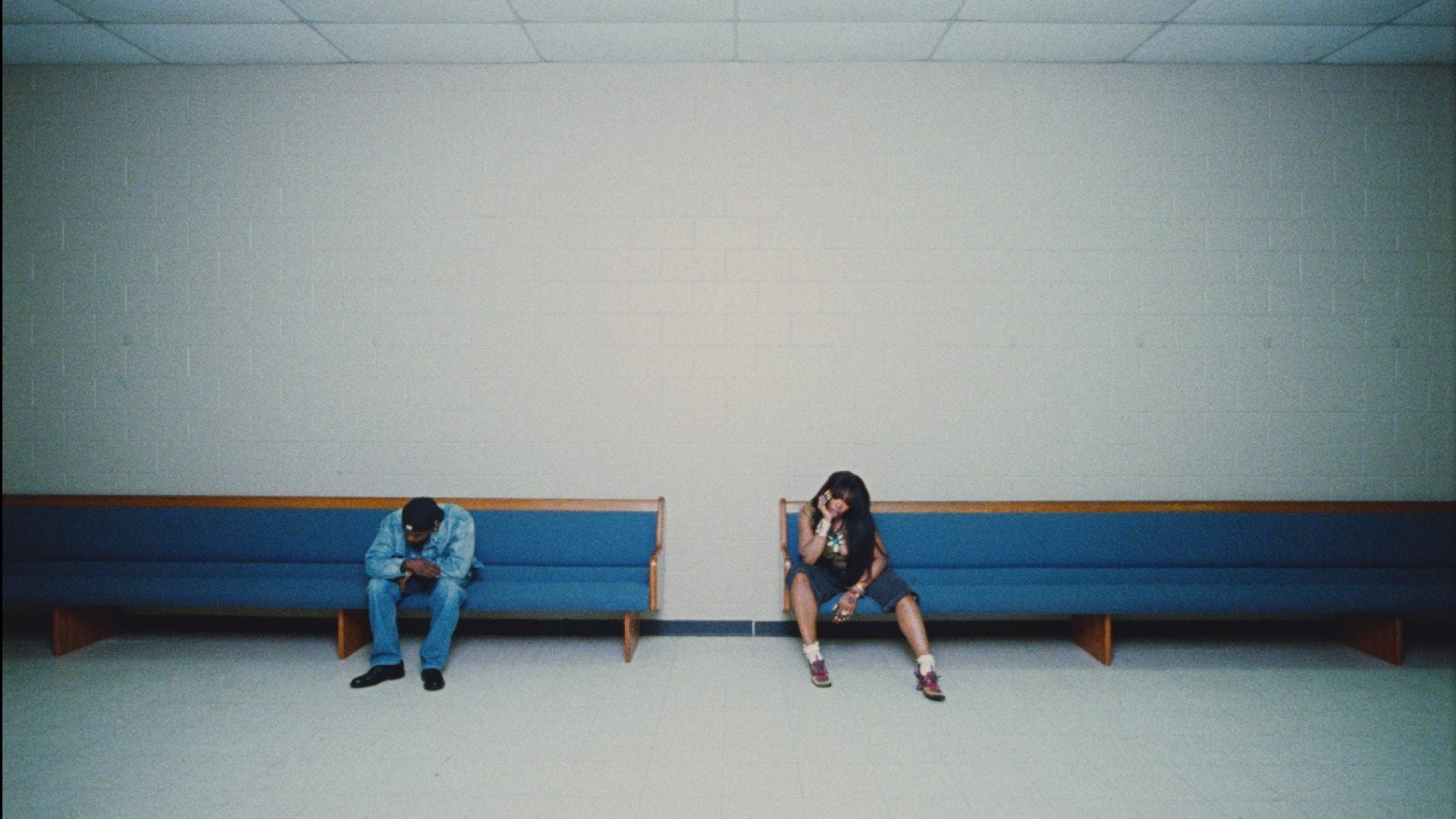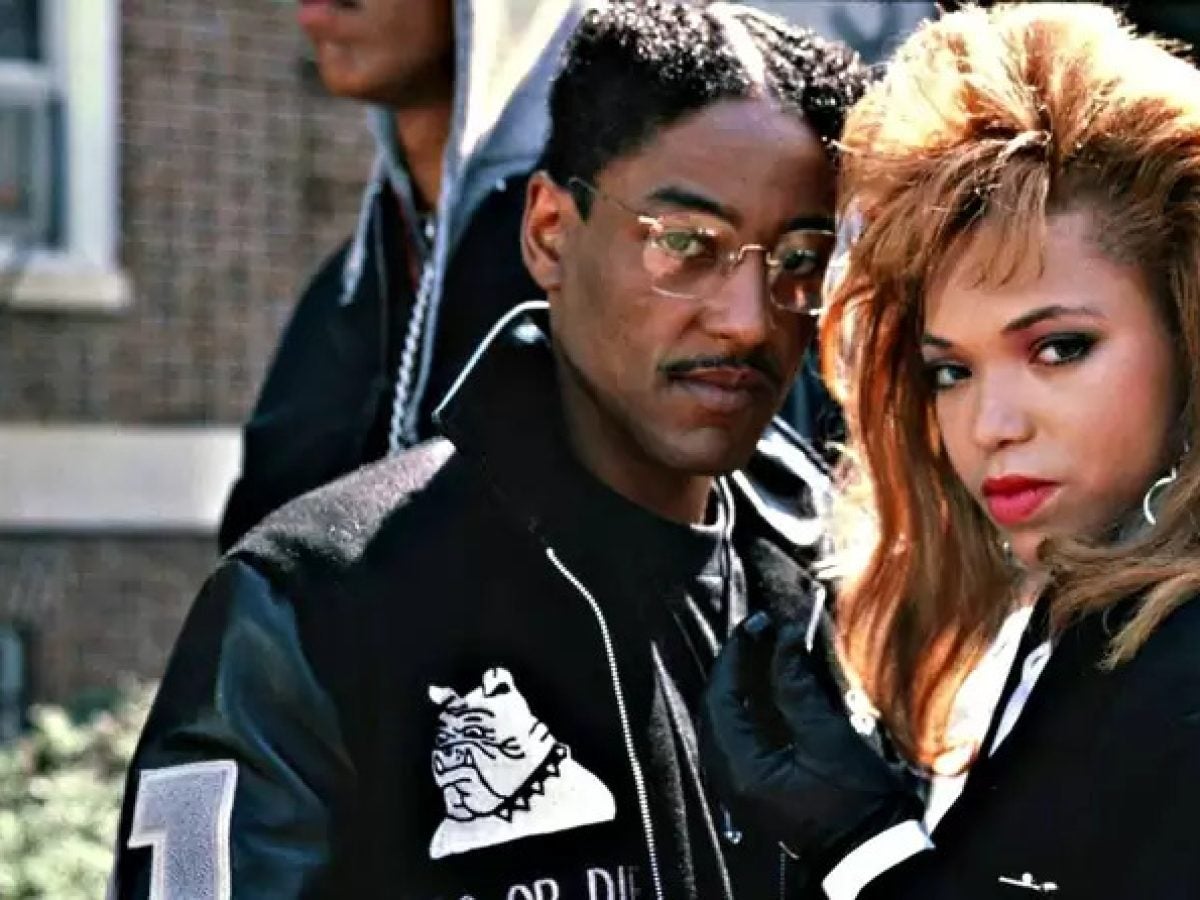
1988 was yet another classic year in Black pop culture, bringing us some of our most enduring pieces of Black cinema that still inspires generations to this day.
From the quintessential Eddie Murphy comedy classic to the film that made two generations decide to (cautiously) enter HBCU life, this year marked the release of several gems of Black culture classics that are still referenced and referred to over three decades later.
Take a look at the classic films that turn 35 this year:
Coming 2 America:
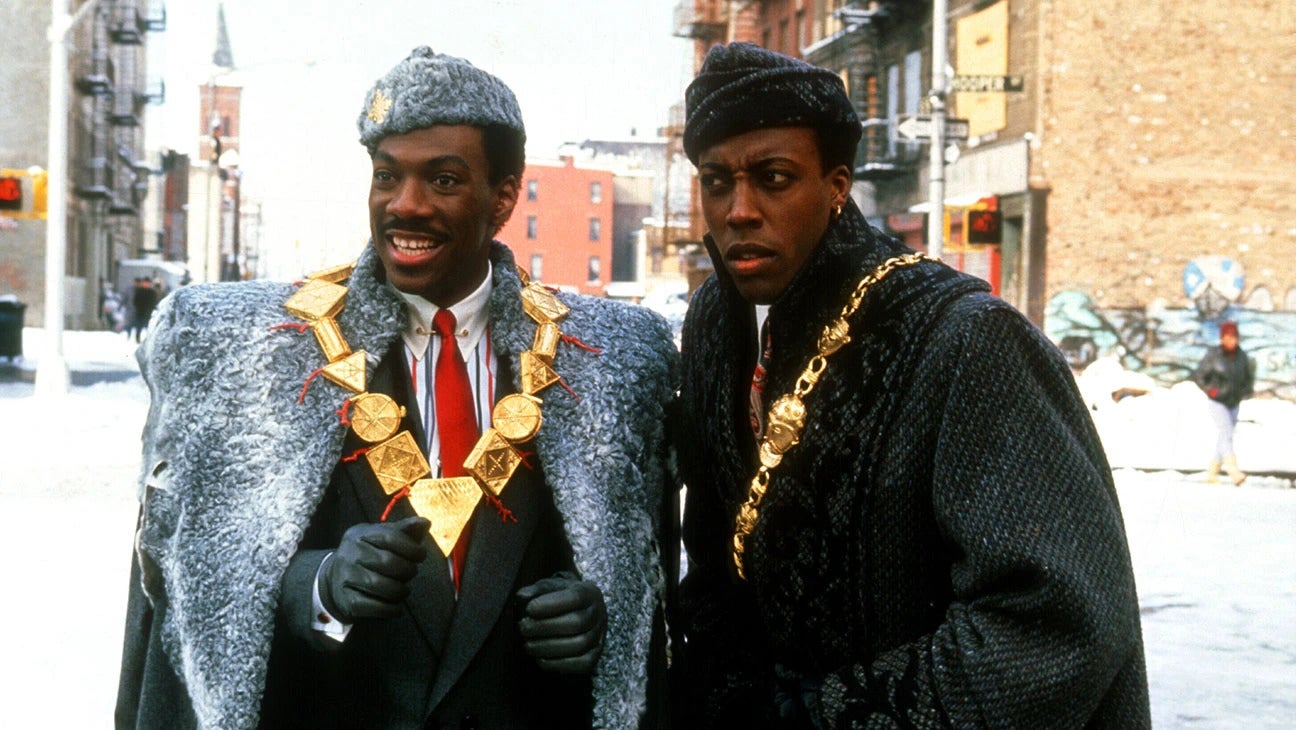
One of the hands-down all-time Black classic films, Eddie Murphy’s comedic opus about an African Prince looking to find a worthy bride a world away from his sheltered life in Zamunda still effortlessly holds up to this day. Prince Hakeem has had the world handed to him on a silver platter since birth but he longs for genuine adventure and new, unpredictable experiences. Matched for marriage with a woman he’s never met, Hakeem decides to find a queen of his own, in Queens, New York no less, posing as a pauper in search of a true connection with someone who believes they have nothing to gain from becoming his bride.
–
I’m Gonna Git You Sucka:
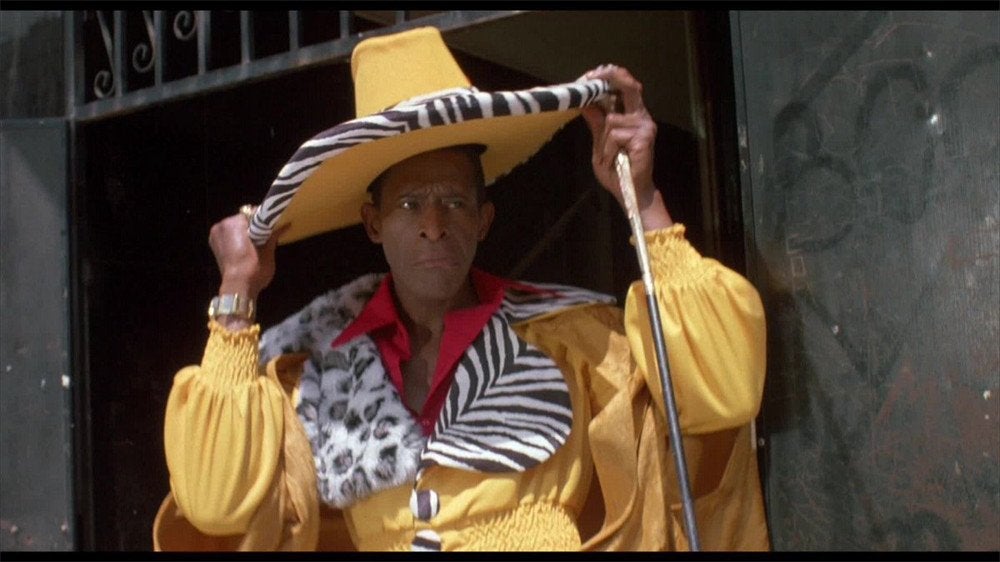
This blaxploitation parody was one of the Wayans’ first major projects. Taking a hard look at stereotypes and tropes popularized through the genre during the 1970s and early ’80s with star support from some of Blaxploitation’s biggest stars, including Jim Brown and Isaac Hayes, and featuring some of the earliest film appearances of Damon Wayans and Chris Rock, this one tells the hilarious story of a soldier who returns to his home neighborhood of AnyGhetto, USA after his brother tragically overdoses on gold chains. Vowing revenge, he gathers a team to stage a takedown of Mr. Big, the neighborhood gold chain dealer, with plans of stamping out his reign once and for all.

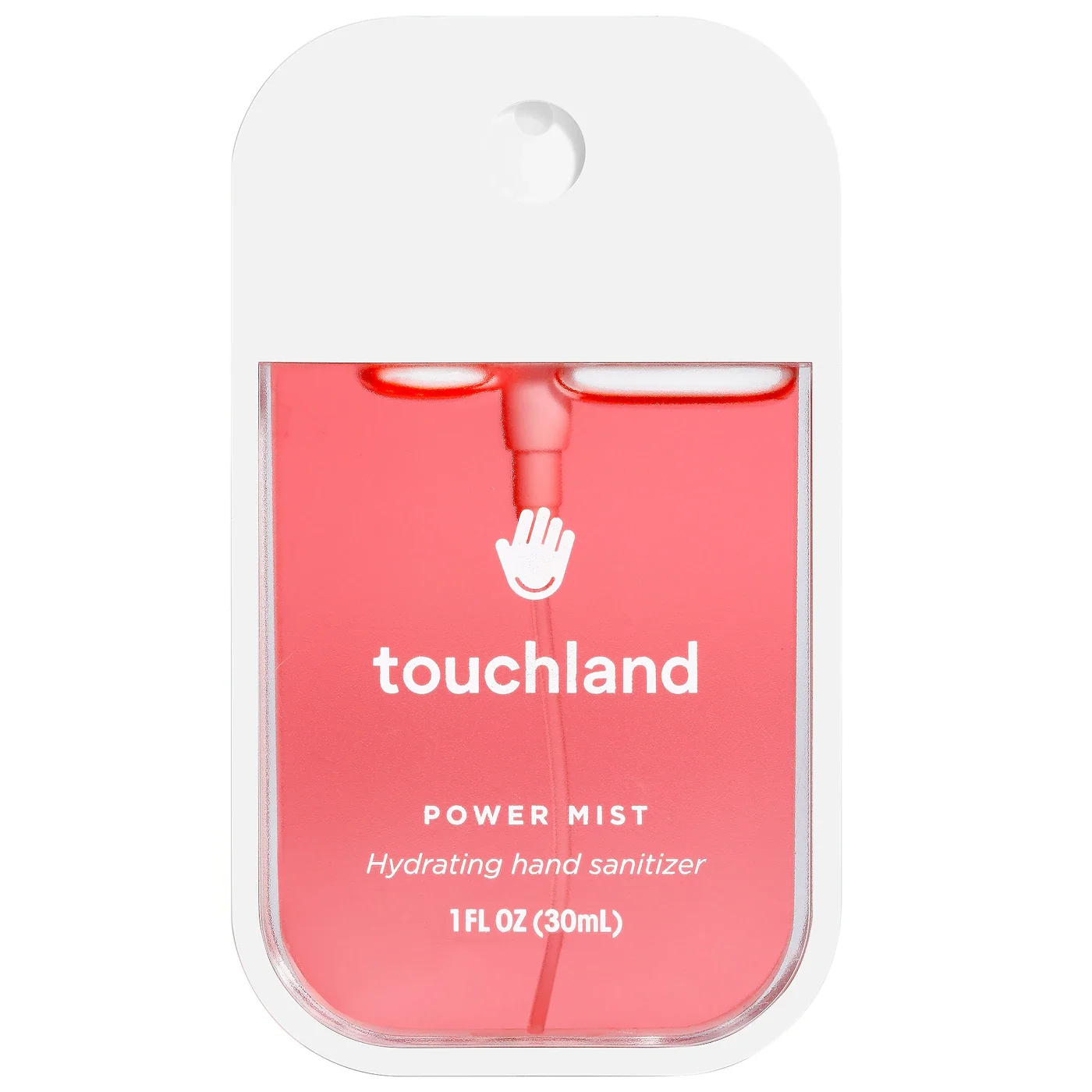





–
School Daze:
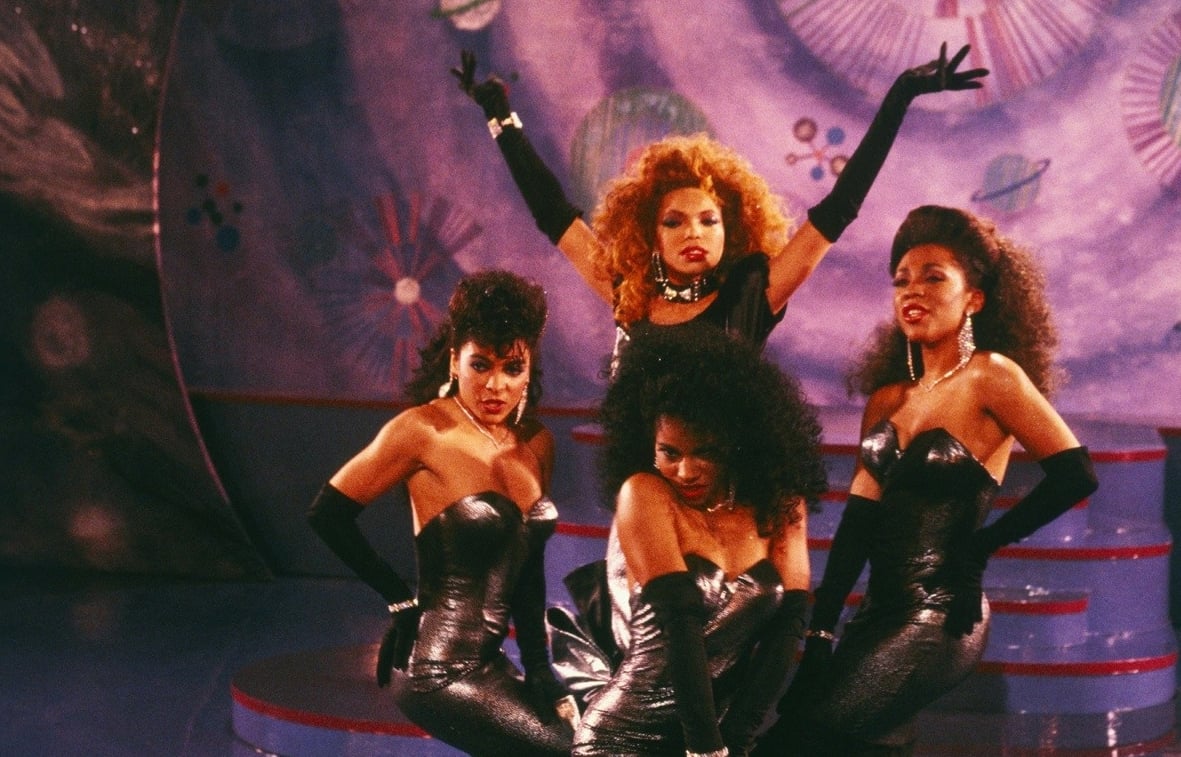
Spike Lee’s introspective musical comedy classic took a deep dive into multiple issues surrounding Black college culture, Black Greek life, colorism, texturism, peer pressure, groupthink, classism, and all manner of issues that pop up when you toss promising young Black minds together in social and educational situations. Though the material is laced with comedy and iconic musical segments, the film ultimately glares us dead in the face, asking each of us to drop the socioeconomic markers and beauty standards we let separate us from our brothers and sisters and “Please…wake up.”

